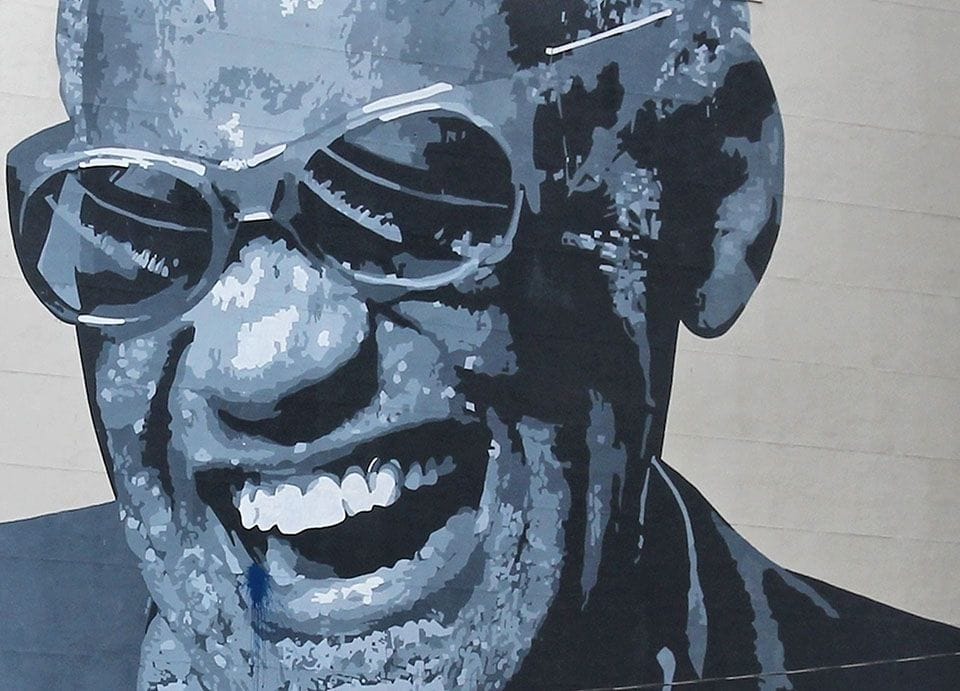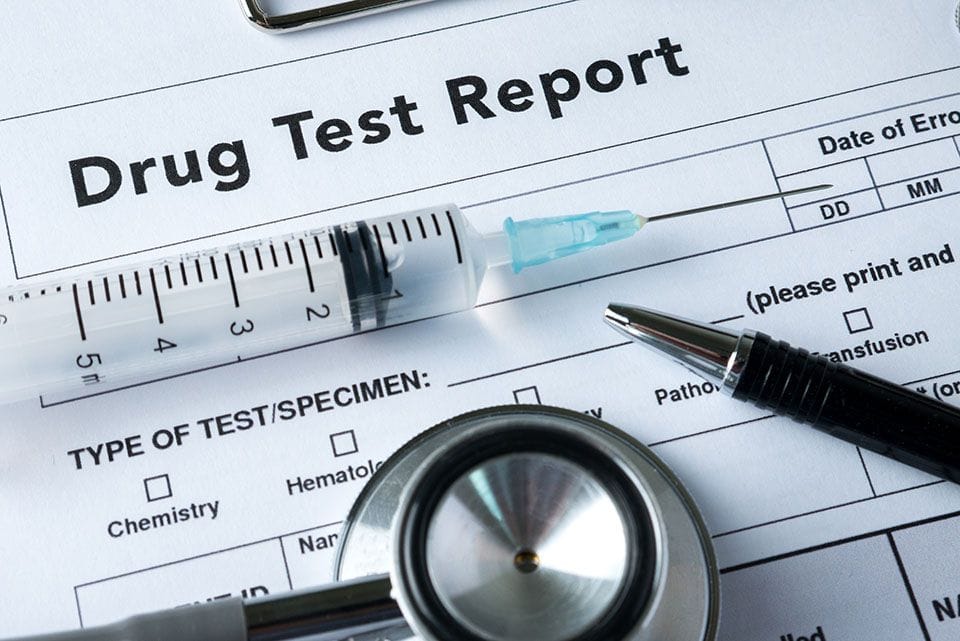Insomnia is a characteristic condition of the modern world. Among the ranks of the miserable are alcoholics and drug addicts, whose sleep is constantly disrupted by the brain-altering effects of the chemicals they have been ingesting for so long. Even when addicts are in recovery, however, a good night’s sleep can still be hard to find, as insomnia takes on a life of its own that is entirely independent of drugs and alcohol. It is hard to believe that sleep can be even more elusive for some addicts than sobriety, but that is indeed the case, and in some instances, substance abusers in recovery are driven so crazy by their insomnia that it can actually cause a relapse. This is especially true of alcoholics, who sometimes get so desperate that they start drinking again because they believe (falsely) that the sedative effects of alcohol will help them sleep normally once again.Circadian Dissonance The sleeping habits and routines of human beings are governed by circadian rhythms. These are cyclical patterns operating in the brain that help to modify neurological activity during the nighttime hours so that a person can sleep comfortably and for a prolonged period. Because the effects of drugs and alcohol are felt throughout the body, they will impact every natural process taking place inside of a human being who consumes them, including circadian rhythms. Needless to say, such effects are more pronounced in an addict or alcoholic than they would be in someone who uses intoxicants only occasionally, and chronic and persistent insomnia is one of the most common side effects experienced by those with substance abuse problems. But of course one of the most insidious things about drugs and alcohol is the way they create dependencies in the body, so when these chemicals are suddenly withdrawn, it can cause even more damage to the circadian rhythms, and some find their insomnia actually gets worse instead of better once they are in recovery. Stimulants like cocaine will tend to disrupt sleeping patterns by preventing the body from calming down and falling asleep, while depressants like alcohol interfere with the natural cycles within sleep, causing a person to wake up frequently during the night. So even though many alcoholics with post-recovery insomnia go back to drinking to try to end their sleeplessness (60 percent of alcoholics in recovery who suffer from insomnia will relapse within five months), this strategy is ultimately self-defeating, as alcohol-induced sleep will not provide a sustained or effective form of rest. A Reversal of Fortune As previously mentioned, insomnia associated with substance abuse tends to take on a life of its own, proving that there is no simple cause-and-effect relationship between the two. Complicating the picture even further, research performed at the University of Michigan found that children who had difficulties sleeping between the ages of three and five were twice as likely to develop substance abuse problems when they reached their teenage years as those who slept peacefully. This study basically turns the whole cause-and-effect equation between substance abuse and insomnia on its head, and shows that the relationship between the two is a complex one indeed. While more research needs to be done, it seems reasonable to speculate that many who ultimately succumb to addiction may have had a history of sleeplessness that preceded their chemical dependency. Strategies for Dealing with Insomnia The remedy for addiction is at its heart quite simple – you have to stop drinking and/or using drugs, forever. But insomnia can be a trickier proposition, since a self-conscious preoccupation with sleeplessness will only make the problem worse. In short, you need to get your mind off the fact you can’t sleep before you can actually sleep, and the best way to do this is to make sure that your bed and your bedroom are reserved exclusively for sleeping and nothing else. Televisions, radios, computers, night lights, and anything else that might function as a distraction should be banished from the bedroom permanently. A white noise generator of some kind might help you relax and fall asleep more quickly, but other than that, things should be kept still and quiet. One of the quickest ways to promote insomnia is to continuing lying in bed even when you can’t sleep, which is why you should get up and do something else (read, have a snack if you are hungry, maybe listen to some soft music, etc.) if you have been in bed for more than twenty minutes and still have not been able to slip off into dreamland. You will also want to watch carefully for anything that may be triggering your insomnia – by keeping a diary of your sleeping habits, you should be able to tell if certain kinds of foods or other substances you consume might be causing your problems, or if you are worrying about specific things or practicing particular activities in the evening that may be stimulating you and interfering with your attempts to relax and rest. When you are attending counseling sessions or support group meetings, you should definitely mention your sleeping issues, because you are certain to find that addiction therapists and your fellow recovering addicts are all quite familiar with this problem and will have plenty of suggestions and advice on how to overcome insomnia. It almost goes without saying, but the one thing you should never do is use drugs and alcohol to “fix” insomnia. No matter how bad your sleeping problems get, you will only be able to return your circadian rhythms to normal when intoxicants are out of the picture for good. As we have seen, staying clean and sober may not be enough to end insomnia all by itself, but it is an absolute precondition to ending it permanently, which is obviously your ultimate goal.
Call for Immediate Help:1.844.876.7680


